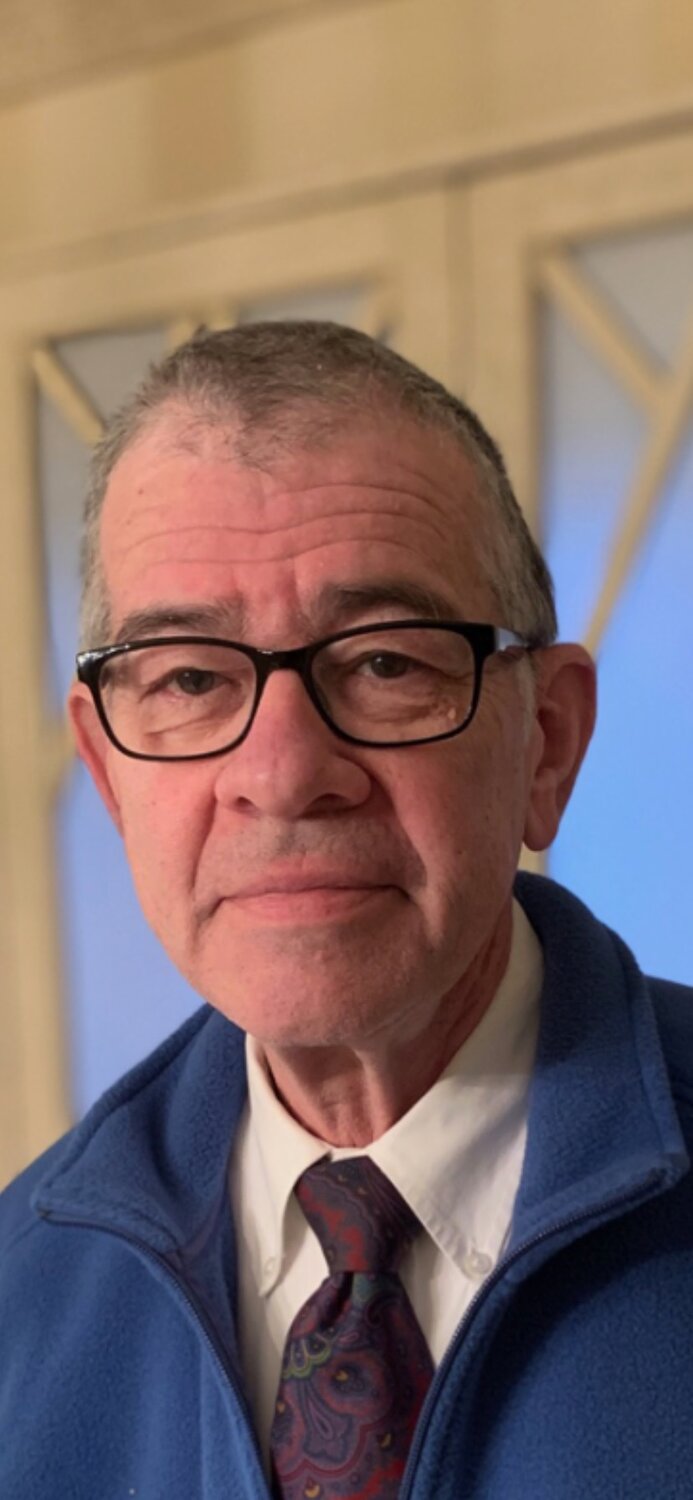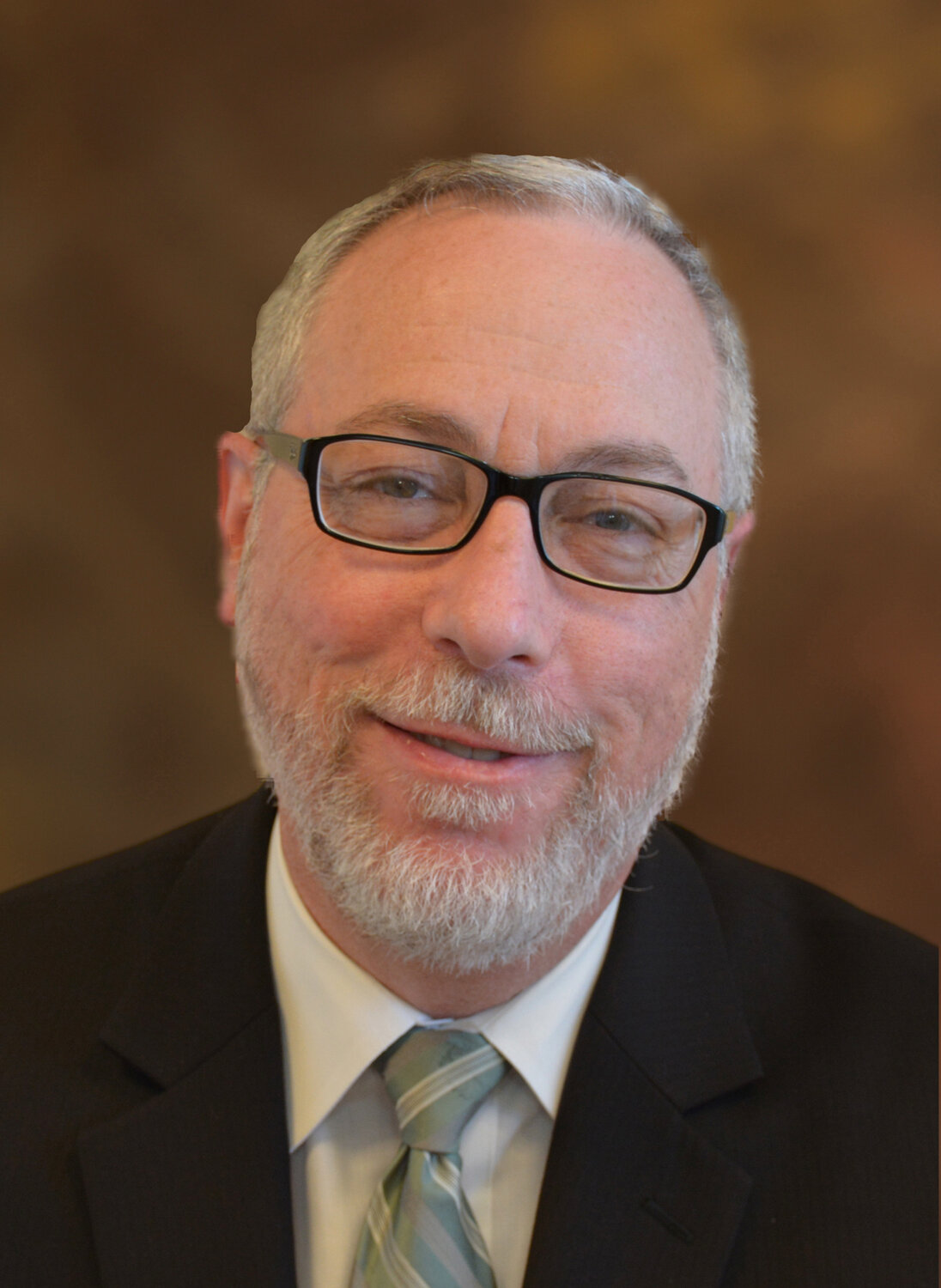Three years after the Covid-19 pandemic, how did we do?
While on vacation in Israel in January 2020, Cedarhurst-based immunologist Dr. Marc Sicklick was reading a news article about the first documented case of Covid-19 in the United States.
When he flew home later that month and landed at John F. Kennedy International Airport, he saw only a couple of people wearing facemasks.
Over the next two months, the number of cases grew, and it finally hit Sicklick that something about the coronavirus was different.
“This was a really bad disease,” he recalled. “This was a virus that we were not ready for.”
The World Health Organization declared the virus a pandemic on March 11 of that year.
Now, over three years later, the public health emergency in the U.S. ended last month. But many questions about the deadly virus — which killed roughly 1.8 million people in 2020 alone, according to the WHO — remain unanswered.
“Not every Covid death was a Covid death,” Sicklick said. “It was a death with Covid, meaning if somebody had a heart attack and they were in the hospital and they died and tested positive, that was listed as a Covid death. Anyone with Covid was initially listed like that, and it was just impossible for me to understand the real numbers.”
Sicklick has over 40 years of experience as a physician, and works with a wide range of patients, from those with fundamental allergy problems to those with complex immune system deficiencies.
He recounted how he learned as a child about his great-grandfather, who died during the Spanish flu pandemic that ravaged populations around the world from 1918 to 1920.
“I thought I would never see something like that again,” Sicklick said.
The coronavirus pandemic was the fifth documented pandemic since 1918.
The after-effects of a Covid diagnosis remain in some of Sicklick’s current patients, and even in new ones, many of whom have been referred to him as they search for answers about their compromised immunity.
“I get people referred to me who have what is called chronic Covid,” he said. “Unfortunately, in medicine, it takes years to get a true picture, so we’re all sitting here now, working at the edge of knowledge, trying to figure out what’s going on.”
Patients come to him with symptoms such as chronic fatigue, joint pain and hives, among many others.
Physicians worldwide provided the best care they could to patients fighting a disease they knew very little about.
Dr. Donald T. Morrish, who serves as chief medical officer at St. John’s Episcopal Hospital in Far Rockaway, led his team of physicians and employees during the most unprecedent time in modern history.
“Our entire team of healthcare professionals worked diligently to respond to the cause and all remained resilient throughout the prolonged pandemic,” Morrish wrote in an email. “Episcopal Health Services was able to face the many challenges of Covid-19 head on and as a team. Having done that, we achieved the monumental task of caring for our patients and the community as if they were our family members.”
Morrish also noted how the pandemic helped shed a light on mental health.
“The mental health and well-being for our patents, community, team members and families came to the forefront,” he wrote. “We took mental health and well-being of all seriously by increasing access to community mental health worker, counseling and wellness initiatives for our employees. Innovative programs such as the creation of employees relaxation facilities, programs centered on employee wellness were implemented to decrease the daily stress of Covid-19 and beyond.”
Dr. Aaron Eli Glatt, Mount Sinai South Nassau, recalls getting considerably less sleep during the pandemic.
Glatt, who chairs the Oceanside hospital’s Department of Medicine, is its chief of infectious diseases and also serves as associate rabbi at Young Israel of Woodmere, said he provided his patients with weekly updates on what was known about Covid-19.
“I was getting literally 1,000 emails from patients and people for advice,” he recounted. “Weekly Saturday-night updates (on Zoom) that were attended by thousands of people. It was a tremendous amount of information that needed to be disseminated.”
And having pandemic information impacted by politics, Glatt said, was not helpful.
“It certainly is a shame that Covid was politicized,” he said. “I think that everybody politicized it, so it’s not one side versus the other. Everybody was very much tuned to doing the right thing, and I think everybody was very much following the guidelines. (Then) things changed a little, and that wasn’t to anybody’s benefit.”
Will we be prepared for the next potential health crisis?
“It comes down to four basic components,” Morrish wrote. “Being prepared for the next healthcare crisis through a robust emergency prepardness plan, being responsible to rapidly changing situations, knowing recovery will take time and being resilient to the very end.”
“We’ve learned a tremendous amount,” Glatt said. “We will be much better prepared for future pandemics. But at the same time, there’s a tremendous amount more that we still need to do.”

 50.0°,
Overcast
50.0°,
Overcast 







